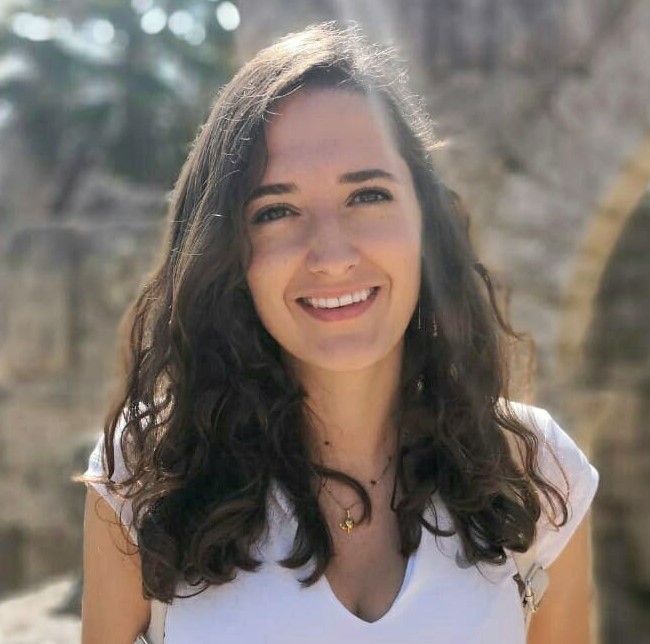
ESR 10
Ramona Merhej
Let’s Learn by Collaborating with Robots

Let’s Learn by Collaborating with Robots
Ramona Merhej is a PhD student at INESC-ID supervised by Francisco Melo and Prof. Ana Paiva.
She has a wide range of interests and holds a Mechanical Engineering diploma from the Lebanese University and a Research Master degree in Aeronautics and Space Engineering with a specialization in Control Systems from l’École CentraleSupélec.
However, lately she’s been enthusiastic about AI algorithms. Therefore, for her PhD thesis, she hopes to address and solve some of the obstacles encountered in Human-Robot collaboration by implementing AI techniques and looking in particular at Reinforcement Learning and Inverse Reinforcement Learning algorithms.
Instituto de Engenharia de Sistemas e Computadores - Investigação e Desenvolvimento (INESC-ID)
Melo (INESC-ID) and Ana Paiva (INESC-ID) in association with Mohamed Chetouani (UPMC) and Catherine Pelachaud (SU) and Chloé Clavel (IMT)
IMT; IDMind; SU
This ESR project falls in the general area of human robot interaction (HRI) and Computer Supported Collaborative Learning (CSCL) and will investigate models and algorithms that enable a robot to exhibit social behaviours during children team play in order to enhance the group collaboration towards the completion of joint learning tasks (such as multiplayer cooperative serious games). This project considers the presence of a robotic artificial peer into a team of learners. We expect to advance the state-of-the-art on HRI and CSCL by providing both behaviour models and/or algorithmic advances that enable the robot agent to: (1) understand the learning task dynamics (given the multi-user perspectiva); (2) assess the contribution of each learner to the performance of the task; (3) evaluate the collaboration among the group of learners through the performance of the team and the social behaviours exhibited by each individual (e.g. verbal or nonverbal activity); (4) influence the group’s behaviour by exhibiting appropriate social behaviours to maximize task performance and the learning results (e.g., reinforce good actions by team members or suggest alternative ones) while promoting effective collaboration (e.g. making sure each child is contributing in the task). One of the key challenges is to investigate how a robot can use the context of a joint task to produce behaviours that will incite the children to fulfill the task while maintaining a good collaboration among them.
Completed draft of PhD dissertation; implementation of several learning algorithms, robot exhibiting both social and task-focused behaviour within human teams; peer-reviewed publications (several conferences and one journal publication